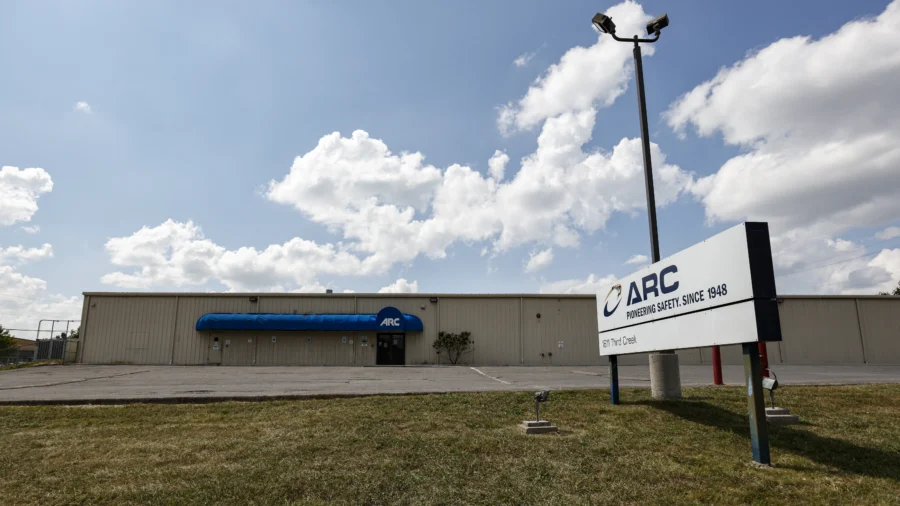U.S. auto safety regulators have decided to postpone a potential recall of nearly 50 million air bag inflators, opting instead for further investigation after the automotive industry raised concerns about the universality of the defect, according to the National Highway Traffic Safety Administration (NHTSA).
The agency’s decision, announced on Dec. 18, is vastly different from its earlier stance. In July, the NHTSA had maintained that the inflators manufactured by ARC Automotive Inc., a Tennessee-based company, were defective and posed a danger to the public, warranting a recall.
According to the NHTSA, the inflators in question are installed in about 49 million vehicles across 13 manufacturers. The agency has linked these inflators to at least seven injuries and two deaths in the United States and Canada since 2009.
However, in a document dated Dec. 13 and published in the Federal Register on Wednesday, NHTSA revealed that it had reconsidered its July decision.
The agency said after considering feedback from the automotive industry regarding certain technical and engineering disparities between ARC inflators used in vehicles from different manufacturers, it reversed its decision. The comments also highlighted some variations in the manufacturing processes across different plants producing the ARC inflators.
“Given the potential relevance of these issues to the agency’s decision making, including the appropriate scope of any recall, further investigation is warranted,” NHTSA stated in the document, obtained by the Associated Press.
NTD News, The Epoch Times’ sister media, has reached out to the federal agency for confirmation of the change.
The agency’s investigation into ARC began in 2015 following two incidents where driver-side inflators ruptured. One occurred in a 2004 Kia in Canada, while the other involved a 2002 Chrysler Town & Country minivan in the United States, with both resulting in injuries.
In July, the NHTSA reported that seven ARC inflators had ruptured in the United States. Each case showed signs of insufficient welds or excessive pressure in the canister which is designed to contain the explosion and inflate the airbags during a crash. The agency also noted that 23 inflators had ruptured during testing, with causes similar to those that failed “in the field,” meaning in vehicles on the road. Additionally, four inflators had ruptured outside the United States, which resulted in at least one death.
The NHTSA acknowledged in July that “the overwhelming majority of the subject inflators will not rupture upon deployment.” However, the agency said that “based on the evidence linking past ruptures to the same friction welding process, all of the subject inflators are at risk of rupturing.”
Several automakers contested this view in public comments, saying that the NHTSA’s years of investigations had not established a systemic design defect. Some manufacturers said that none of the millions of inflators in their vehicles had ruptured due to the cause identified by the agency.
One of the fatalities linked to an ARC inflator explosion was Marlene Beaudoin, a 40-year-old mother of 10 from Michigan’s Upper Peninsula. Beaudoin was struck by broken metal pieces after her 2015 Chevrolet Traverse SUV was involved in a minor crash in 2021. She had been traveling with four of her sons to get ice cream and died because of the accident while her sons were unharmed.
The NHTSA said it will solicit more responses from the public before issuing a final decision.
“If appropriate, NHTSA will provide a further opportunity for public comment prior to considering whether to issue a final decision in this matter,” the agency’s memorandum stated.

